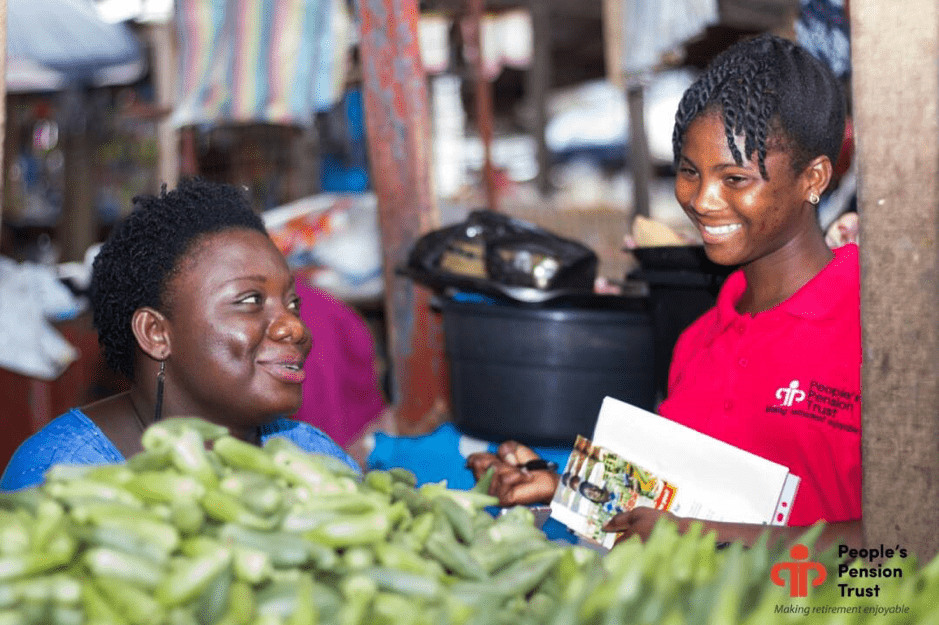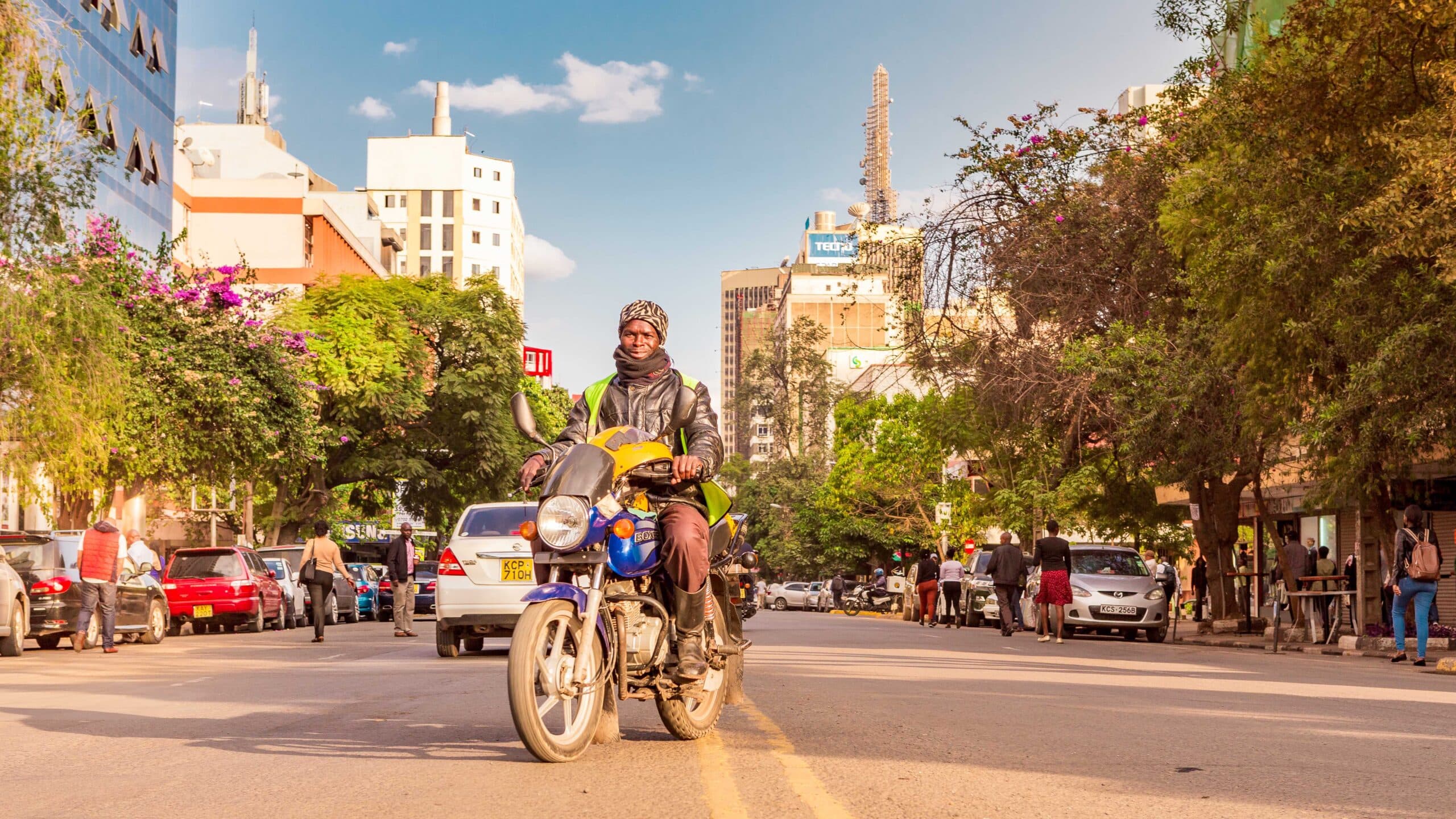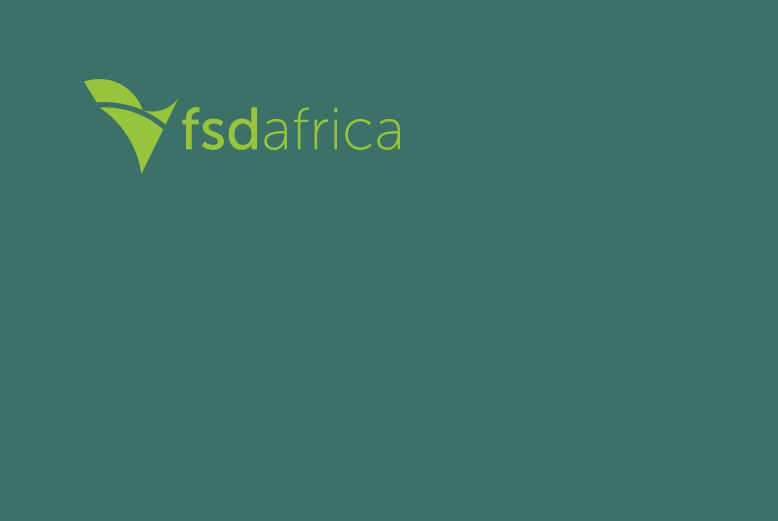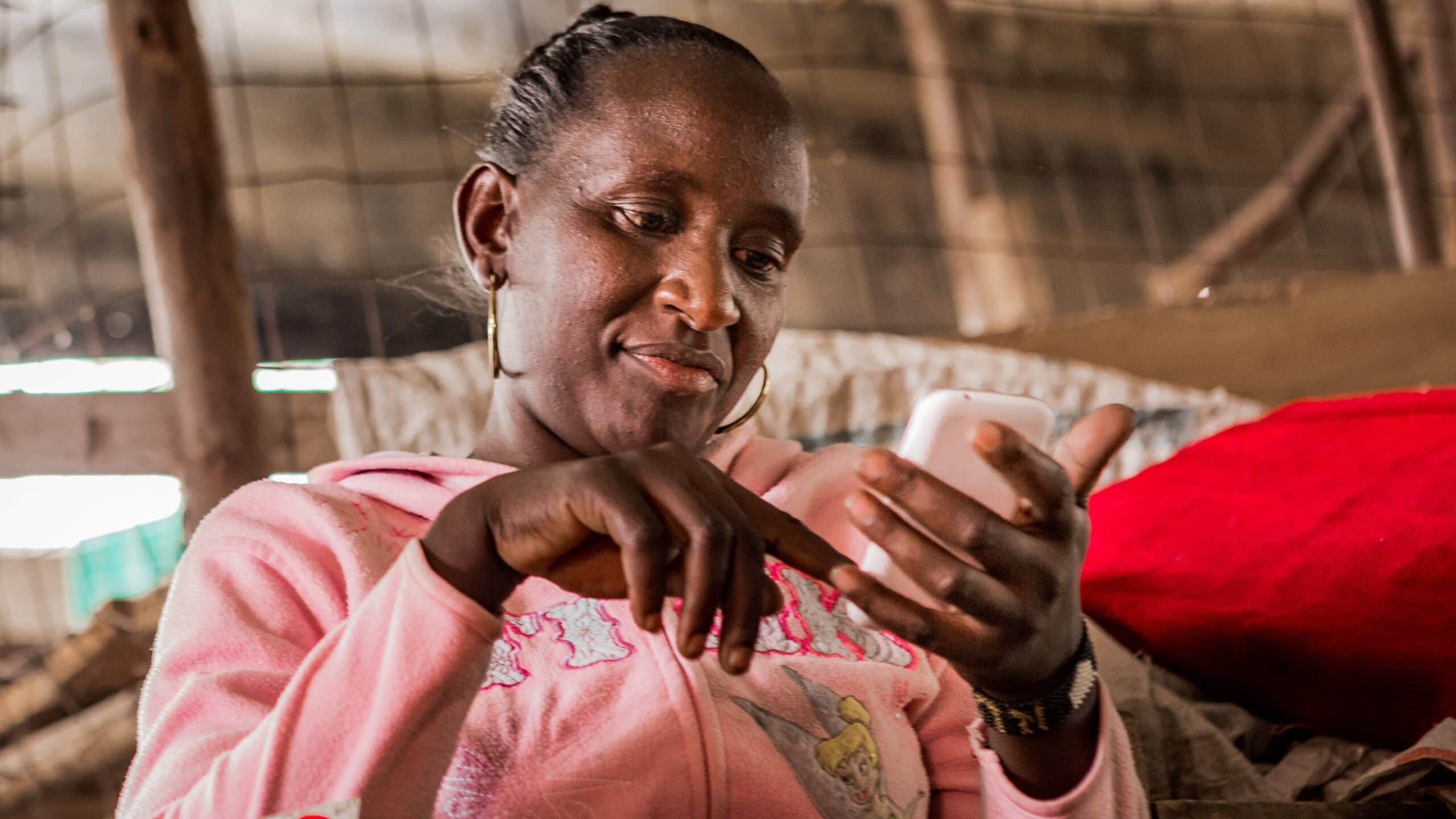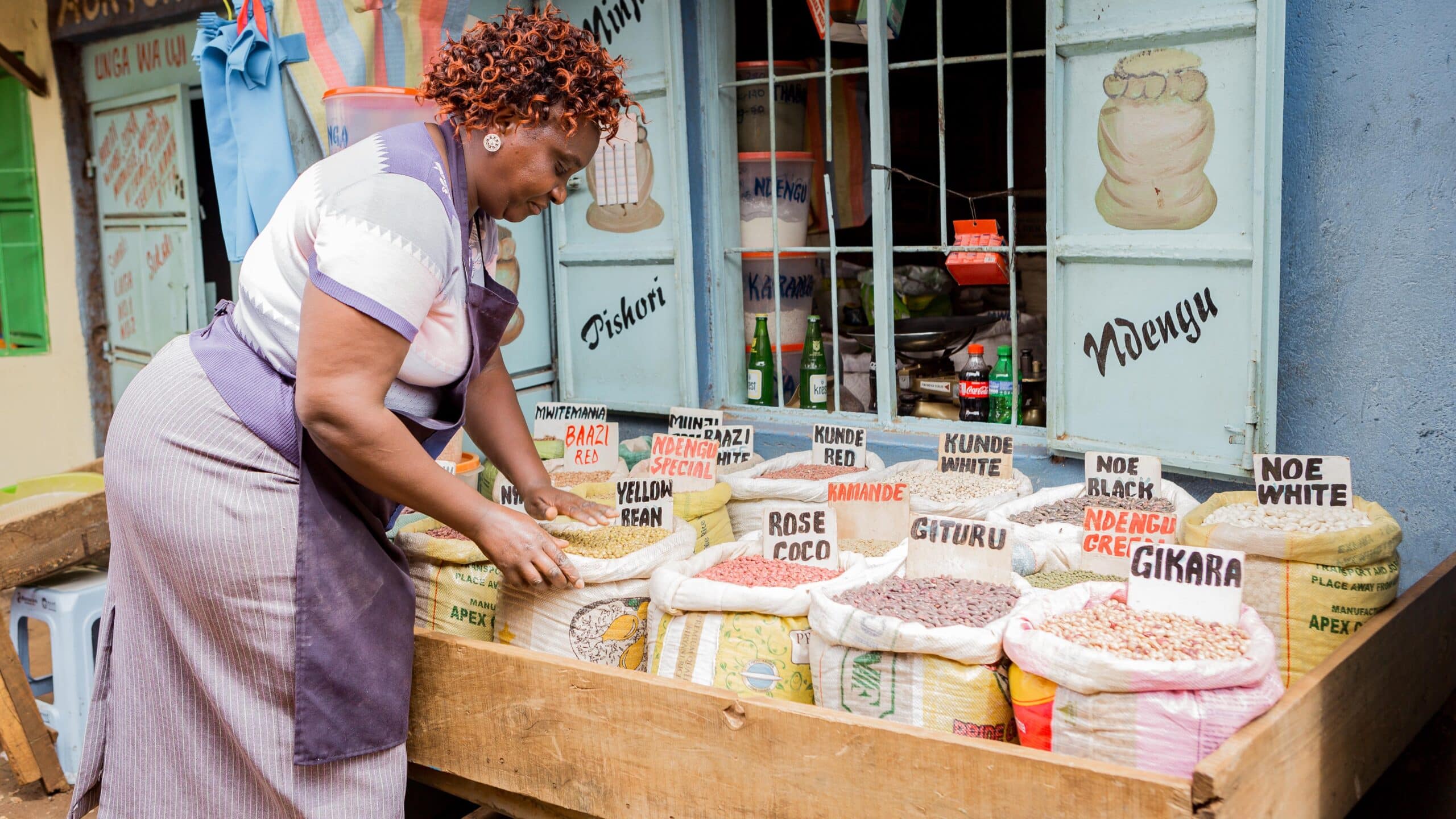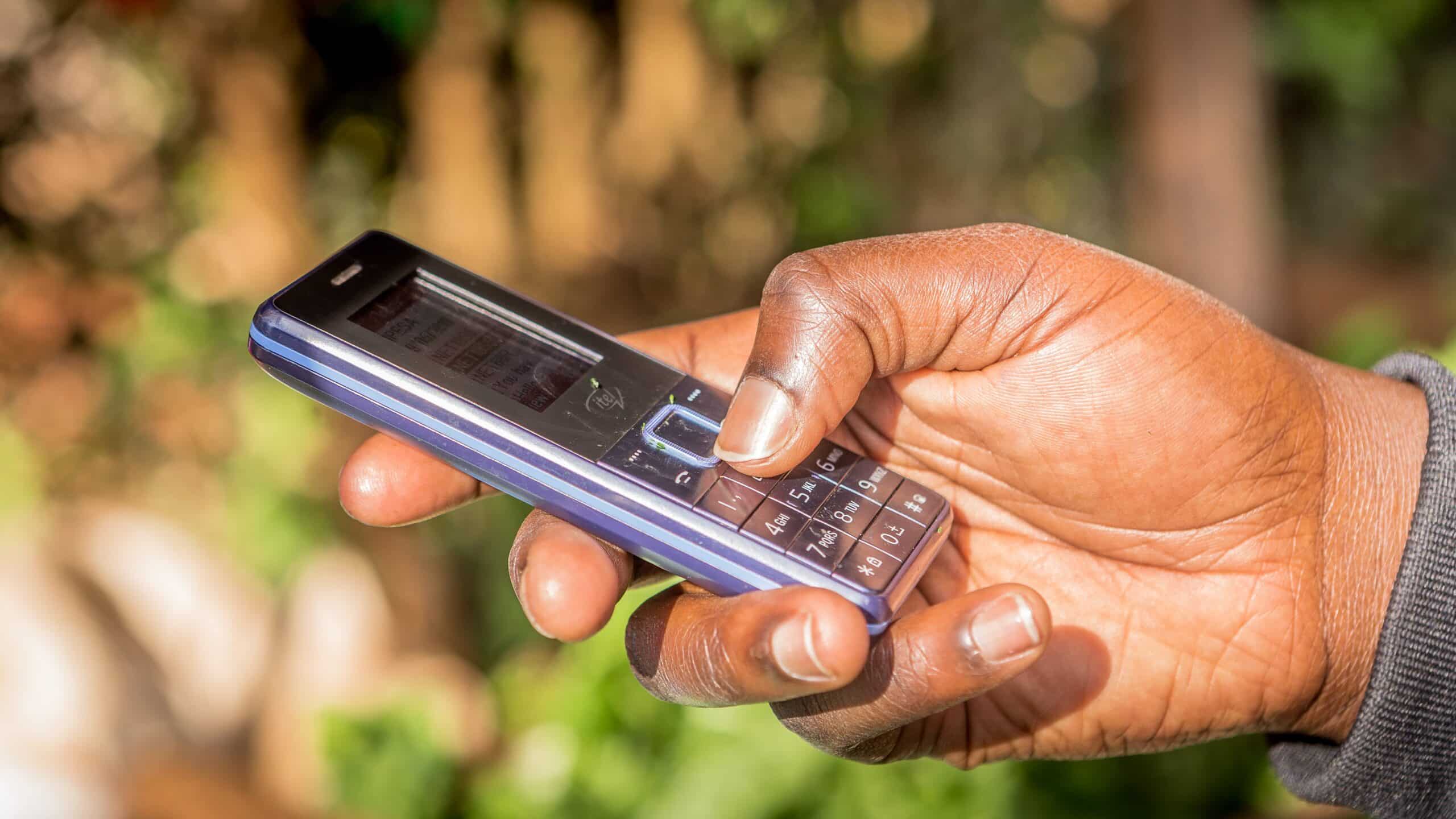Nairobi, 3 October 2019: Acorn, a Kenya-based real estate development company, has successfully issued the country’s first certified green bond, raising KSh 4.3 billion bond for the construction of environmentally-friendly student accommodation in Nairobi.
The five year bond will fund the construction of purpose-built accommodation for almost 5,000 university students across Nairobi. The construction will meet international green building standards for water, energy and construction materials, ensuring lower operation costs and a low-carbon impact over the long-term.
Today’s announcement is a landmark moment for the Green Bonds Programme Kenya, a partner initiative between Kenya Bankers Association, Nairobi Securities Exchange, Climate Bonds Initiative, FSD Africa (funded by the UK Aid from the UK Government) and the Dutch Development Bank FMO.
Launched in March 2017, the Green Bonds Programme Kenya encouraged the private sector, regulators and donors to work together to lay the foundations for a robust green bond market in Kenya; developing policy, conducting market research and providing critical technical training for issueinvestors and regulators.
A key focus for the programme has been to instil investor confidence by developing frameworks to ensure local green bonds meet international certification standards, while investing in projects which provide sustainable solutions for local challenges around food security, waste management and energy. The Acorn bond is certified under the Climate Bond Standard, which ensures it genuinely contributes to reducing carbon emissions. It is also the first Kenyan corporate bond rated by an international ratings agency and the first with a guarantee.
Research funded by the Green Bonds Kenya programme, which was released last year, revealed US$1 billion of green investment opportunities across Kenya’s agricultural, manufacturing and transport sectors alone, over a five to 10-year period.
Global appetite for green bonds continues to increase, with the market expected to grow by 20 per cent this year to reach US$200 billion in value, according to Moody’s. This is the third green bond to be launched on the continent this year; in April Nigerian-based Access Bank bond raised US$41 million to fund mitigation projects and in May Nedbank raised a green bond focusing on renewables.
In addition to tapping into growing international and domestic demand for green investments, the bond represents an important milestone in Kenya’s transition to a low-carbon economy and national vision of being a centre of financial excellence in the region.
Speaking at an event celebrating the bond closing, British High Commissioner to Kenya Jane Marriott said:
‘I am delo help mark the arrival of East Africa’s first ever green bond here in Kenya today, which has been delivered with support from the UK.
This brings together two of the UK and Kenya’s partnership priorities: strengthening our economic partnership and working together to respond to climate change.
This bond will result in Ksh 4.3 billion supporting a Big 4 Agenda priority, investing in affordable, environmentally friendly housing for 5,000 students in Nairobi. This is great news for young Kenyans continuing their educations, and good news for the planet we share.’
UK Secretary of State for International Development Alok Sharma said:
“The UK is mobilising private sector investment to help African nations make the most of their enormous potential. We are leading the way in the listing of green bonds, with over 100 bonds listed on the London Stock Exchange.
“The growth of the green bond market in East Africa is supporting vital climateinfrastructure and helping provide 5,000 students in Kenya with environmentally-friendly, affordable housing. I look forward to building on this success at the UK-Africa Investment Summit next year.”
CEO of Acorn Holdings Ltd Edward M. Kirathe said:
“Acorn is delighted to have successfully pioneered the issuance of Green bonds in Kenya. We are truly grateful for the unprecedented support we have received from UK DFID supported entities – especially GuarantCo and FSD Africa without which it would not have been possible to bring this bond to Market.”
Mark Napier, Director, FSD Africa said:
“FSD Africa congratulates Acorn and all those involved in the Green Bonds Programme Kenya on this achievement. We are proud to have played our role in creating the standards that will enable Kenya to contribute to the massive growth in sustainable investment that we have seen across the gl

